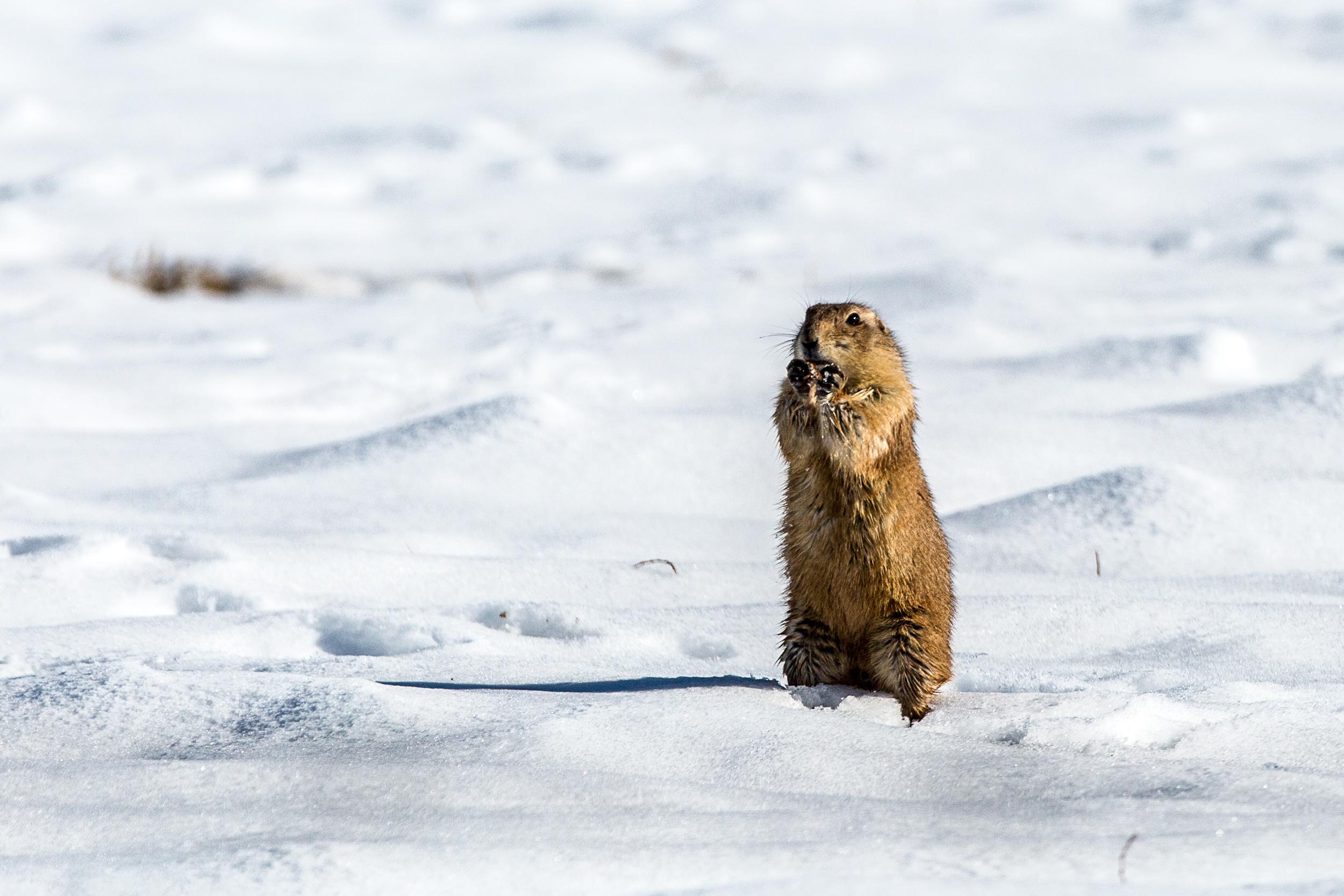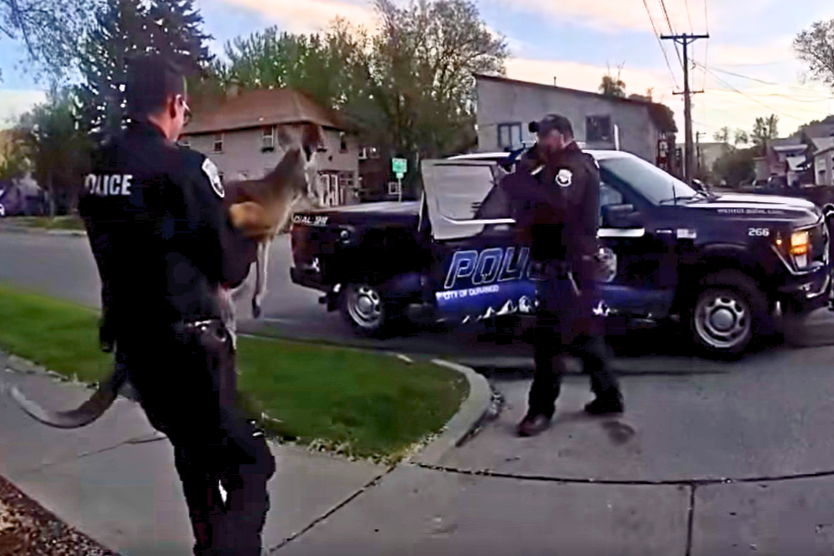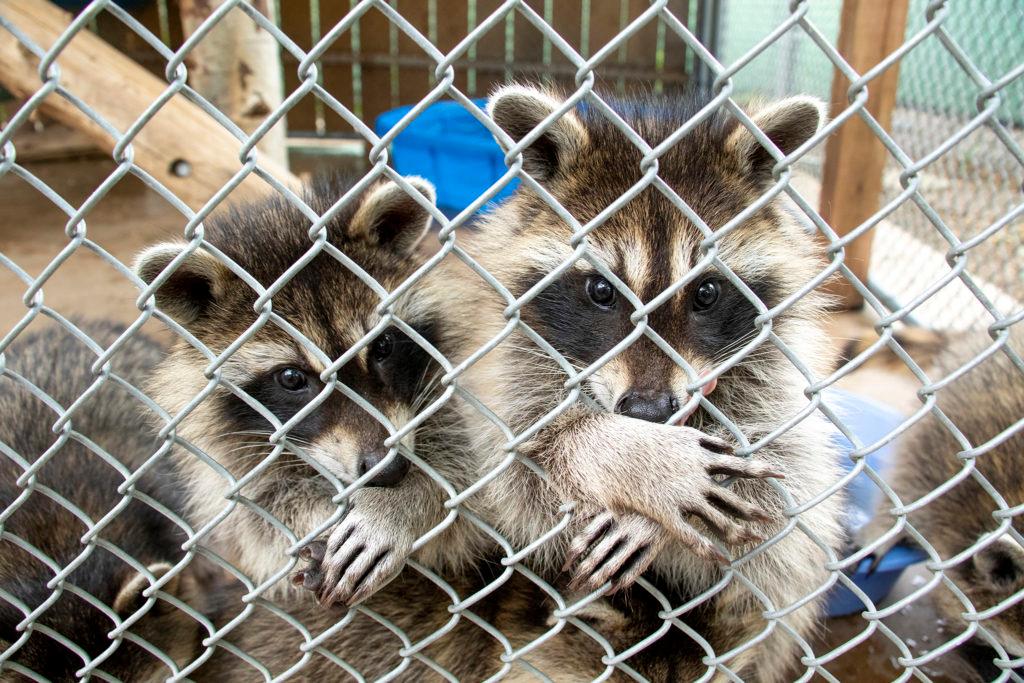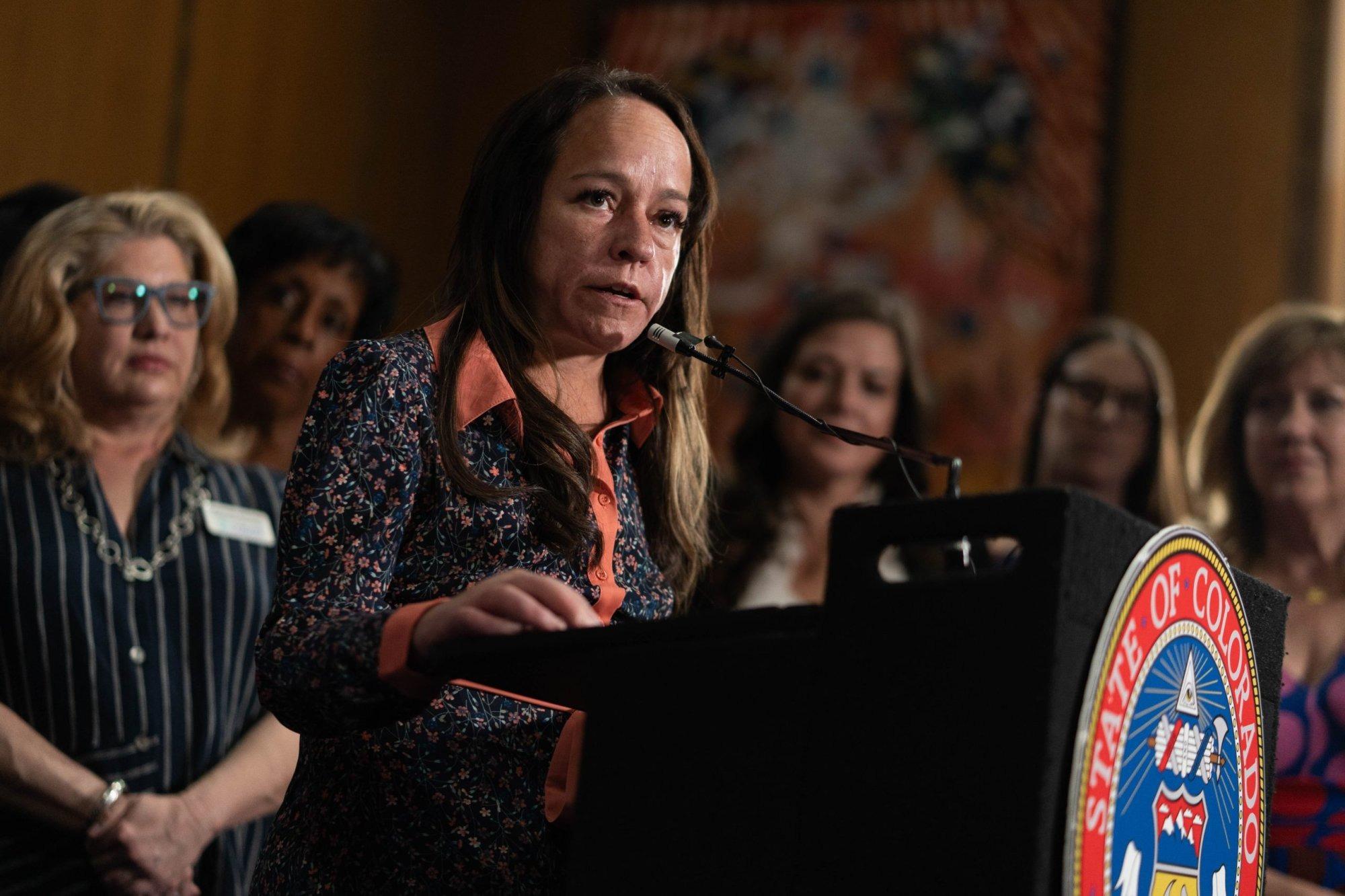
Every few years, it seems, some exotic animal pops into the news in Colorado and reignites the question: How far out can you really go, when it comes to owning a pet in this state?
Thanks to Durango’s escape artist red kangaroo, we’ve recently been reminded that the cute little marsupials are allowed. Technically, they fall into the category of “unregulated wildlife.” That makes them, in the words of the law, legal to own, “provided that all importation, disease requirements and all other state, local or federal requirements are met.”

CPW maintains a Noah’s Ark-length list of animals that you can own without a permit. While the public may think of “pets” and “exotic pets,” the state’s classifications are “domestic animals” and “unregulated wildlife.” Under domestic animals, you’ll find familiar standbys like cats, dogs and hamsters, plus some more unusual fare, including emus, alpacas, reindeer and camels.
“Unregulated wildlife” is what the state calls everything else it allows, from African pygmy hedgehogs to zebras, and yes, red kangaroos (but not, we should note, the other three varieties of ‘roo known to science). And that’s just the mammals; this is also the classification for all pet birds, fish, reptiles and amphibians. Generally, animals on this list come from the tropics and subtropics, and so can’t be expected to survive very long on their own outside in Colorado.
But the list of allowed “unregulated wildlife” is far from exhaustive, and some Coloradans don’t follow the rules. For instance, the Patagonia mara spotted last year at Lakewood’s Bear Creek Lake Park? Not legal to own as a pet in Colorado. Neither are gila monsters, something that popped into the news after a gila named Winston fatally bit its owner in Lakewood last February.
(Gila monsters are a somewhat confusing case; CPW includes "Helodermatidae (beaded lizards, gila monsters)" on its list of unregulated wildlife that can be owned without a permit. However, the department clarified to CPR News that that only applies to tropical and subtropical species of beaded lizards. Gilas are native to the arid Southwest and so aren't included. In Colorado, they can only be legally owned by zoos and licensed animal parks.)
Even for exotic pets, the state does allow, owners need to make sure they’re also in good graces with their local governments. Some, like Colorado Springs, require a specific permit for the more exotic varieties of exotic animals.

That’s how the state handles potential pets from other places. When it comes to native mammals, Colorado’s rules are clear: You can’t make a pet out of any wild animal regulated by the state. That means no (voluntarily) sharing your home with raccoons, possums, or foxes, among others. When it comes to those animals, you’re forbidden both from taking them out of the wild and from bringing them in from other states, even if they were legal there.
Which means the next time my 11-year-old insists her heart is set on a pet prairie dog, I’ll be able to blame Colorado law and avoid the argument.
Editor's Note: This story has been updated to include more detail about how Colorado law applies to gila monsters.
Funding for public media is at stake. Stand up and support what you value today.









